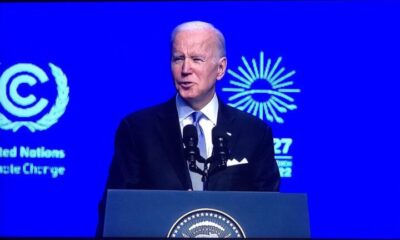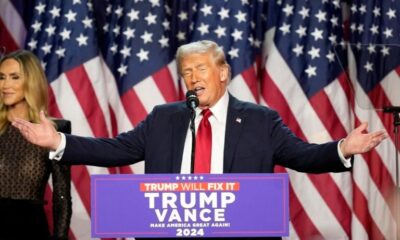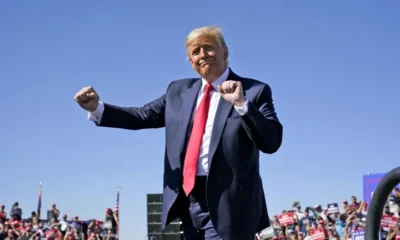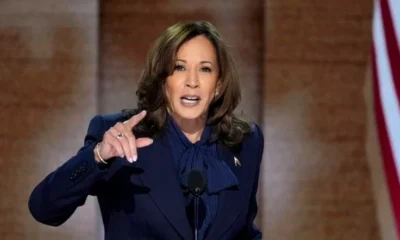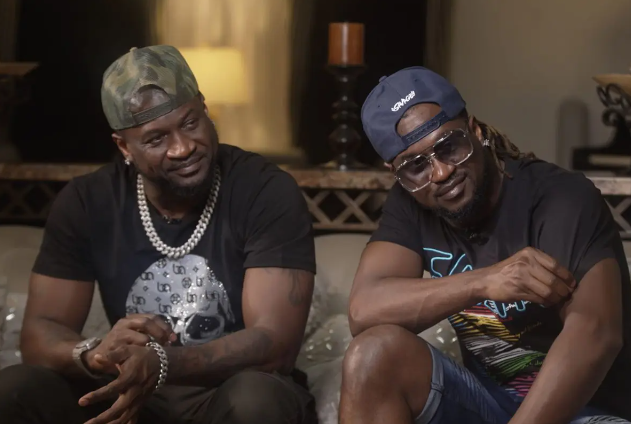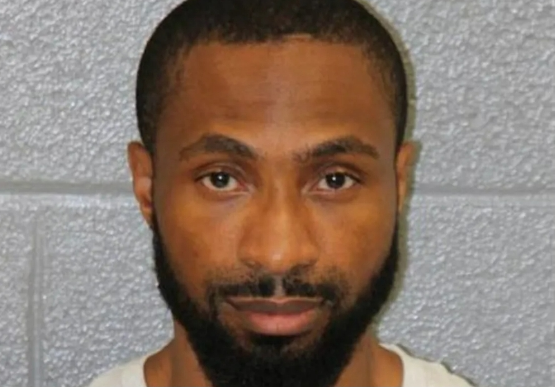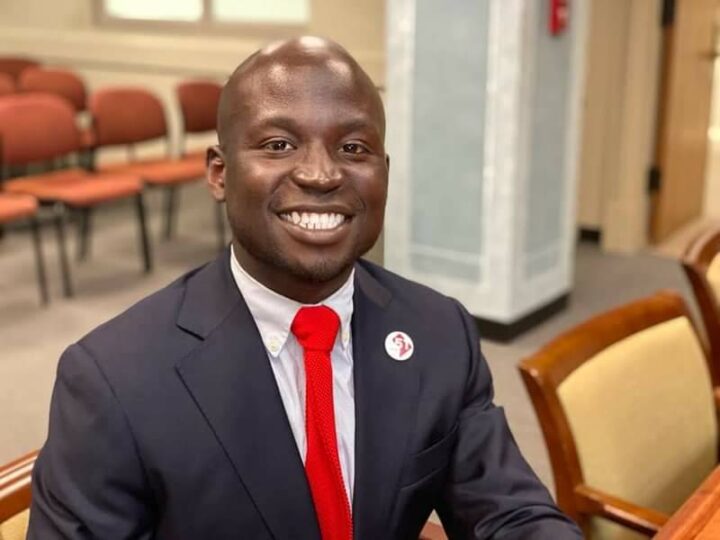The United States has debunked that it is spreading monkeypox through US-funded laboratories in Nigeria.
There were reports over the weekend that Russia had called on the World Health Organisation (WHO) to investigate US-funded laboratories in Nigeria.
The reports hinted that the laboratories were involved in the recent monkeypox outbreak in some countries.
The US consulate reacting in a statement issued on Tuesday, said “there are no U.S.-controlled” laboratories in Nigeria and described the reports as “misleading and pure fabrication”.
“There are zero merits to any allegations regarding the use of U.S.-assisted Nigerian laboratories in the spread of monkeypox,” the statement reads.
“These falsehoods detract from the work that the United States, in close coordination with Nigerian and multilateral partners, accomplished together on public health, including in disease surveillance, diagnosis, prevention, and control.
“The collaborative work between Nigeria and the United States has provided opportunities for technical assistance in capacity building, equipment, commodities/consumables, and funding to critical public health programs, hospitals, and laboratories.
“All of this contributes greatly to the prevention and amelioration of global disease outbreaks.”
The consulate said the US government continues to work closely with Nigeria in responding to the outbreak while supporting national and state laboratories with technical assistance and funding.
It, however, noted that “these laboratories are Nigerian, and U.S. support enables them to provide essential services for the public good and the health of Nigeria’s citizens”.
“Especially important, our support to laboratories across the country extends to quality improvements that ensure they have appropriate levels of biosafety and biosecurity requirements in place,” the statement reads.
“We will continue to collaborate with the Nigerian government on the ongoing global monkeypox and COVID-19 outbreaks and intensify support to Nigeria in other areas on which we have proudly partnered over the years, such as HIV epidemic control, tuberculosis eradication, malaria elimination, prevention of vaccine-preventable disease, and enhancing food and nutrition.”
Also reacting to the development in a statement on Tuesday, the Nigeria Centre for Disease Control (NCDC) said there is no laboratory where monkeypox is generated in the country.
“A recent report on social media has come to our attention, said to have been released by the Chief of Russian Radiation, Chemical, and Biological Protection Force, containing allegations that “there are four US-controlled biological laboratories operating in Nigeria”. That “WHO reports that the Monkeypox (MPX) virus responsible for outbreaks in Europe and elsewhere was imported from Nigeria where the United States of America deployed its biological infrastructure. In other words, MPX virus is generated in these laboratories”. The statement is not backed by any evidence,” NCDC said,
“The designation and activities of Nigerian public health laboratories are known to the supervising authorities, most of the laboratories having been procured and set up by the Federal Government in all 36 States and FCT for diagnostic purposes, in response to the COVID-19 pandemic and other infectious diseases.
“Some other laboratories are dedicated to the very successful HIV control program, managed by the Federal Government and her Partners, based on larger and longstanding bilateral and multilateral cooperation in public health, including prevention, diagnosis, surveillance, and control of diseases.
“As a rule, Nigeria welcomes scientific cooperation with all foreign countries, and has received material support from the United Kingdom, Germany, Japan, etc, and also discussed vaccine production with Russia.
“Collaboration between Nigeria and the United States has provided opportunities for technical assistance, capacity building, provision of equipment and field hospitals at the peak of the COVID-19 pandemic, and funds to support health programs, like HIV/AIDS, malaria elimination.”
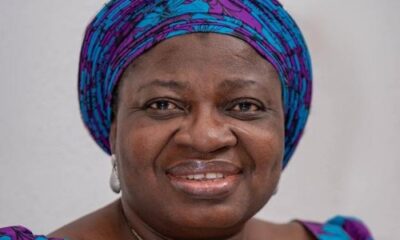
 BIG STORY4 days ago
BIG STORY4 days ago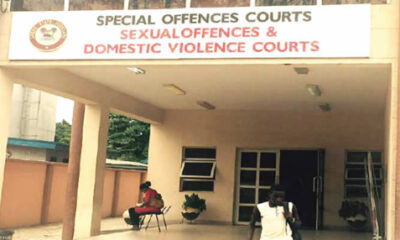
 BIG STORY3 days ago
BIG STORY3 days ago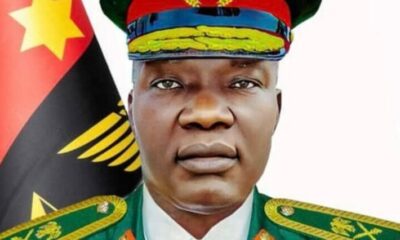
 BIG STORY2 days ago
BIG STORY2 days ago
 BIG STORY4 days ago
BIG STORY4 days ago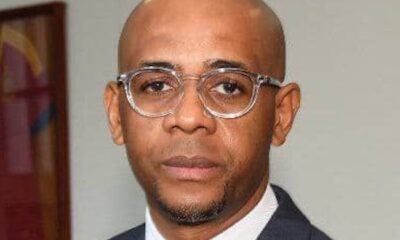
 BIG STORY2 days ago
BIG STORY2 days ago
 BIG STORY2 days ago
BIG STORY2 days ago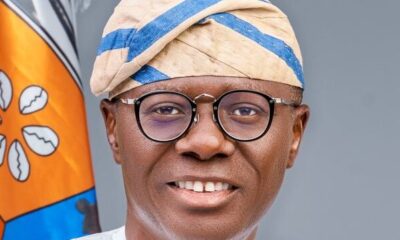
 BIG STORY5 days ago
BIG STORY5 days ago
 BIG STORY17 hours ago
BIG STORY17 hours ago









